Tag: Mycoplasma Bovis Infection
-
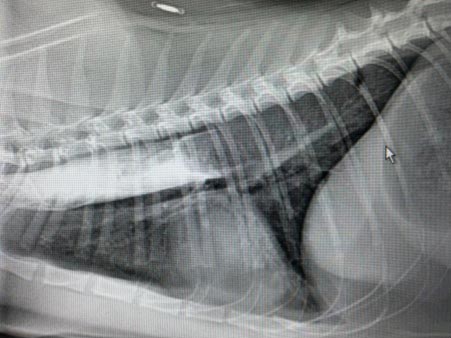
Highlighting oesophageal foreign bodies on radiographs
—
by
QUICK TIP: Need to know if there is an oesophageal foreign body but can’t be certain on radiographs? We have all been in the scenario where we are unsure whether there is an oesophageal foreign body on the radiographs we have just taken. You might think of using a contrast medium to help, and the…
-

Systemic antibiotics – a brief guide for new grads
—
by
A lot of information is available regarding different antibiotics and, for the newest generation of vets, the pressure to use them correctly and responsibly is greater than ever. One of main challenges when you start clinical practice is knowing the most appropriate antibiotic for common presenting conditions. Below is a rough guide for antibiotic selection according to body…
-
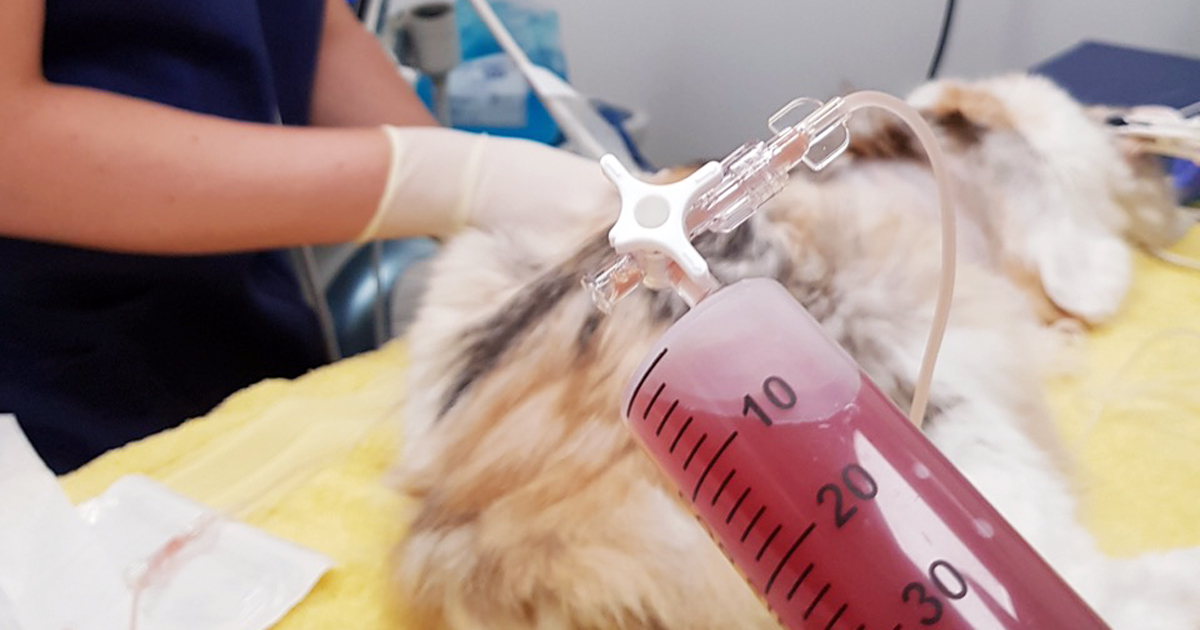
Thoracentesis, part 2: sample work
—
by
Last week we gave some hints and tips about how to perform a thoracocentesis. This week we look at what to do with the sample you collected and where to go to next. Looking at the sample is not enough, there are several things you need to do to make sure you are getting the…
-

Blood gas analysis, pt 7: evaluating oxygenation and ventilation
—
by
In patients with respiratory compromise, it is important to look at the respiratory components of the blood gas to determine both oxygenation ability and adequacy of ventilation. To assess oxygenation, the partial pressure of arterial oxygen (PaO2) to fraction of inspired oxygen (FiO2) ratio, and alveolar-arterial gradient (A-a gradient) can be used. Conversely, the partial…
-
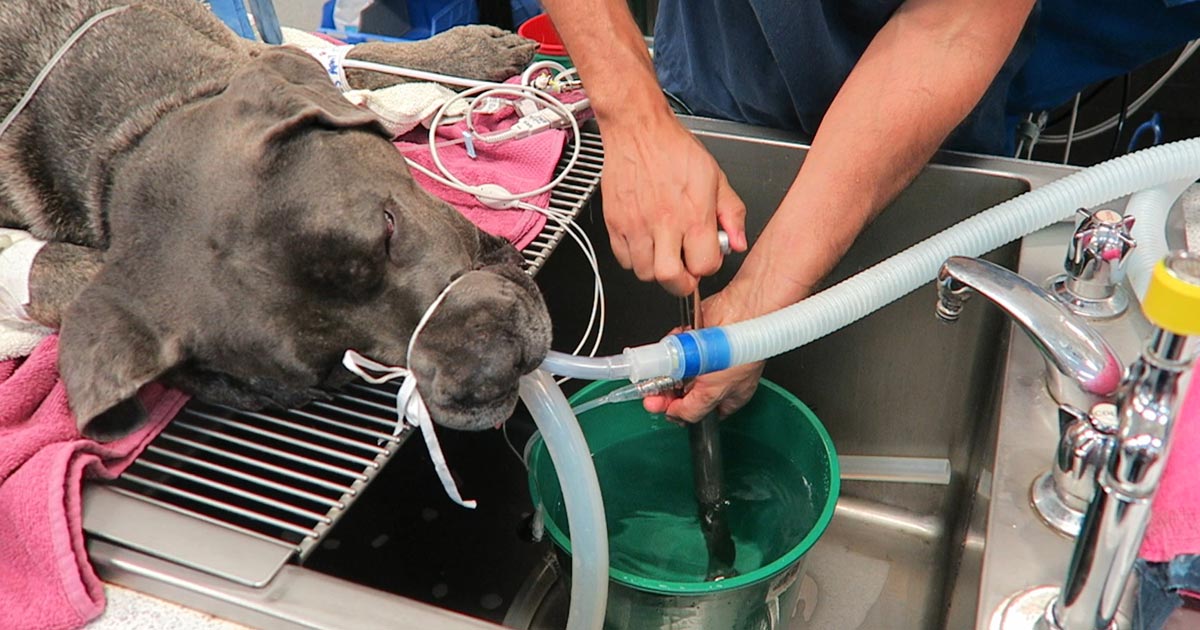
Gastric lavage: more harm than good?
—
by
We all know that sinking feeling when a patient has been known to have ingested highly toxic material and all effort to induce emesis had been unsuccessful. So, the next logical step is to perform a gastric lavage, isn’t it? Maybe not…. In recent reviews of the effectiveness of gastric lavage1-3 – using animal and…
-
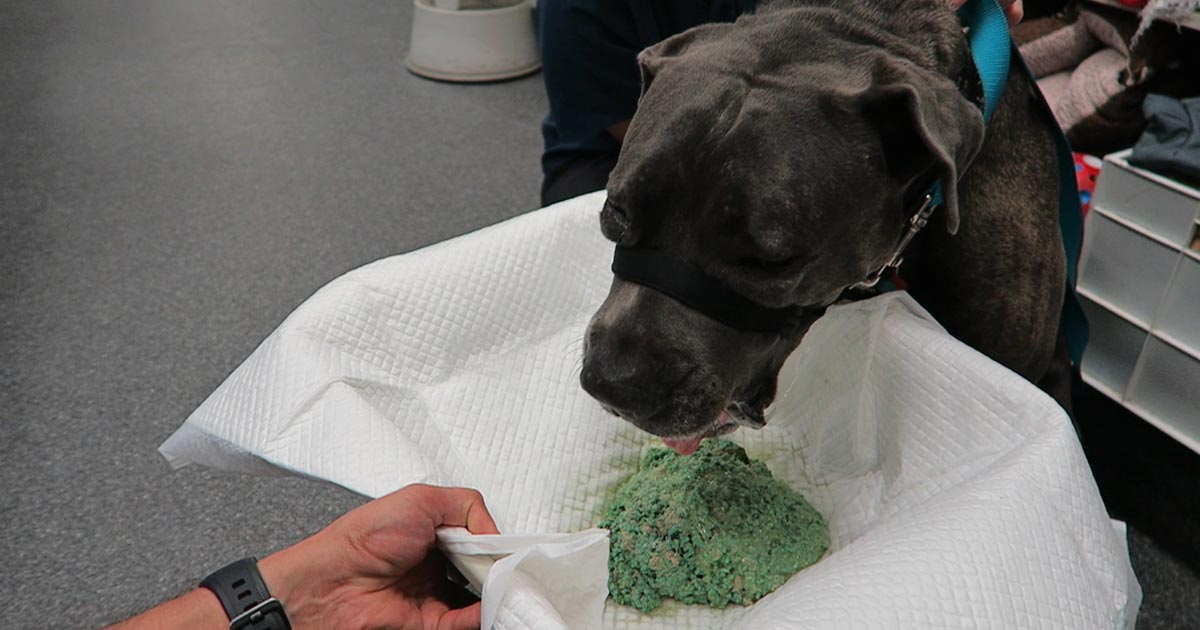
Emesis: a thing of the past?
—
by
Until I started researching this Tip of The Week, I did not know the medical profession has abandoned the routine use of emesis in oral poisoning. This is based on multiple medical literatures that have proven emesis induction does not influence the clinical severity of poisoning, the length of hospitalisation and the clinical outcome or…
-
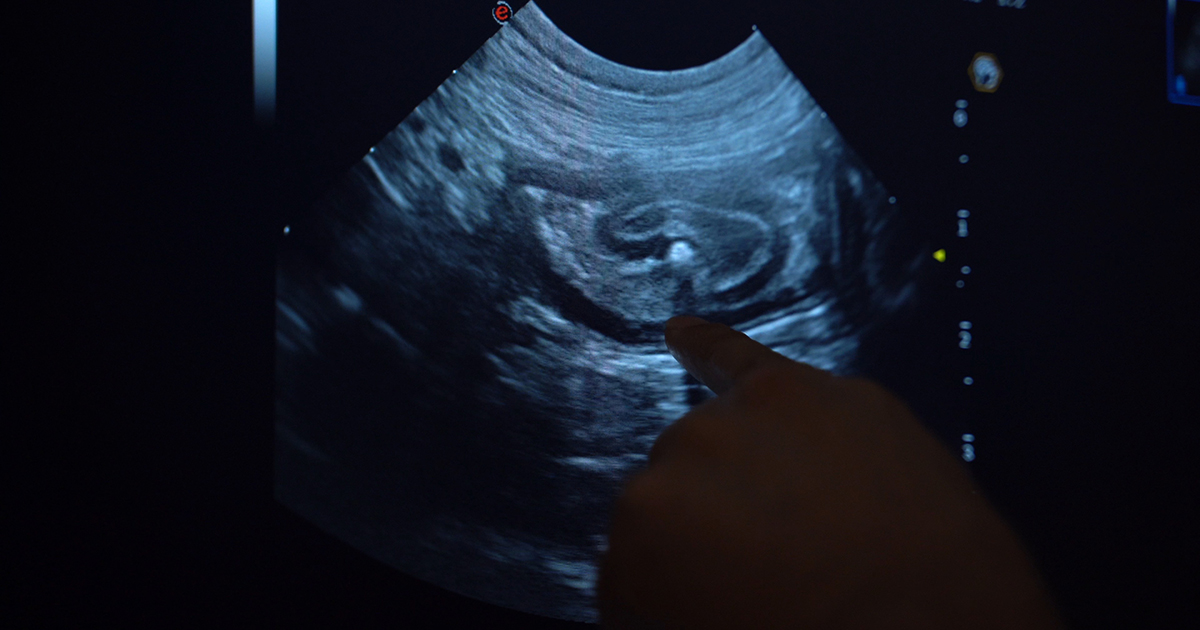
Linear foreign bodies, part 2: tips for diagnosing with ultrasound
—
by
Following on from the previous post where we discussed tips on how to diagnose a linear foreign body on a radiograph, this post sees us cover how to diagnose it on ultrasound. If used by an experienced ultrasonographer who knows what to look for, ultrasound can be a highly sensitive and specific diagnostic test. What…
-
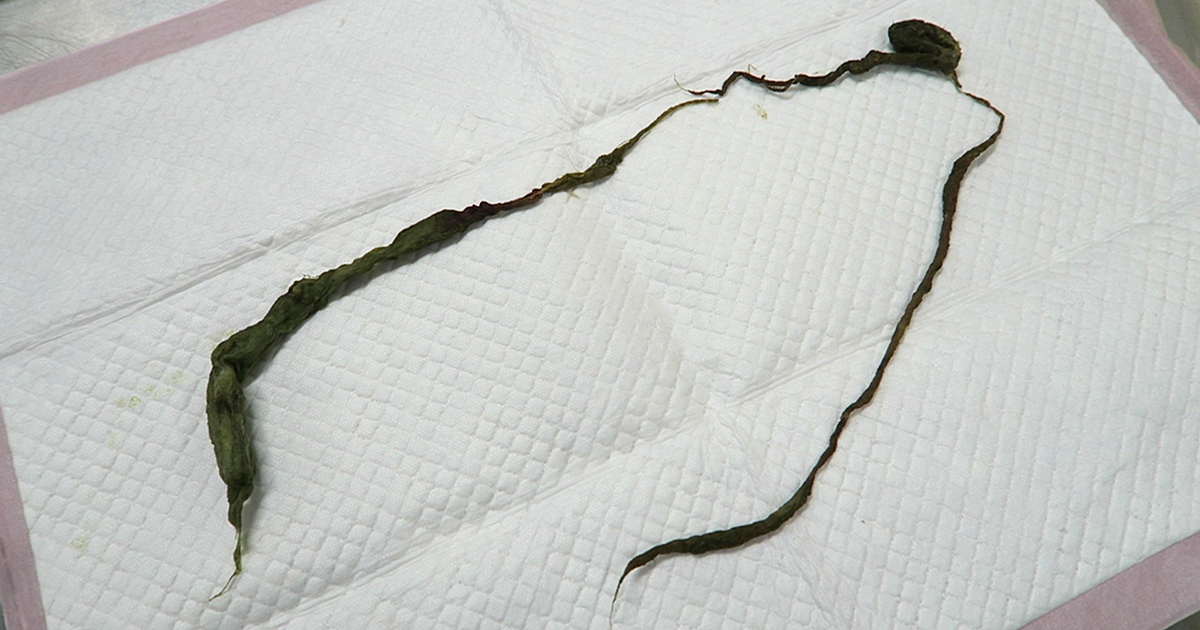
Linear foreign bodies, part 1: tips for diagnosing with radiography
—
by
Linear foreign bodies can be tricky to diagnose, compared to normal foreign bodies, for many reasons. Mostly because you often don’t see the classic obstructive pattern appearance on radiographs or ultrasound. In this short blog series, we are going to cover some hints and tips that can make diagnosing a patient with a linear foreign…
-

New drying off consultation tool launched
—
by
New intramammary infections picked up during the dry period may be linked to a variety of environmental and management factors, potentially leading to clinical mastitis in the next lactation. This is not a new story for clients, yet often remains a problematic one to discuss with your farmers. Boehringer Ingelheim Animal Health’s new drying off…
